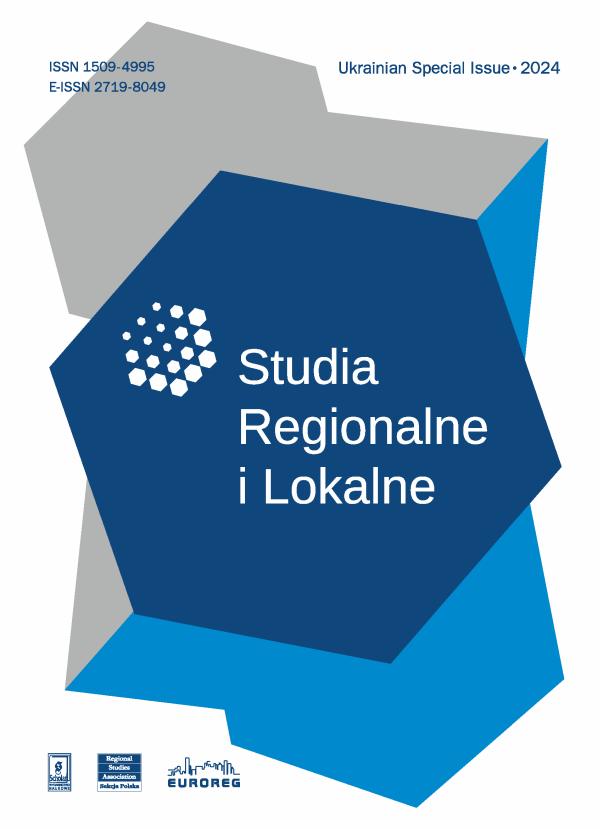Published in
Ukrainian Special Issue/2024

- Halyna Zavarika, Olena ZelenkoAn Analysis of the Features of the Organisation of Tourist Activities in the Conditions of the War in Ukraine[more]
- Inna Mylko, Olena Nahornova, Serhii OzhemaMuseums and Open-Air Museums in the Implementation of Cultural and Ethnic Tourism in Ukraine[more]
- Olena Pobihun, Liudmyla Arkhypova, Yaroslava Korobeinykova, Sofiia Kachala, Victoria HryniukAn Analysis of Tourists’ Use and Assessment of Tourist Infrastructure in the Ivano-Frankivsk and Transcarpathian Regions of Ukraine[more]
- Lіubov G. Kvasnii, Olena V. Moravska, Oksana Soltysik, Yurii O. Shulzhyk, Oresta Ya. Shcherban, Stah O. VovkEco-Industrial Parks of the Lviv Region as a Factor of the Inclusive Development of the Western Region of Ukraine[more]
- Lesya KorolchukA Conceptual Approach to the Development of the Cross-Border Model of Sustainable Development of Regions in Times of War[more]
- Yurii Umantsiv, Pavlo Dziuba, Yuliya Yasko, Maryna Shtan, Halyna UmantsivThe Regulatory Determinants of Economic Growth under Pandemic Challenges: Regional Cluster Issues and Patterns[more]
- Khrystyna Prytula, Anna Maksymenko, Nataliia Popovych, Halyna IvasykIntegrating the Ukrainian Garment Industry into Global Value Chains: National and Regional Dimensions[more]
- Olena StryzhakThe Features of Regional Human Capital Development[more]
- Maryana Melnyk, Iryna Leshchukh, Uliana IvaniukThe Risks and Opportunities of Forming a Specific Business Environment in Ukraine in the Conditions of War[more]


